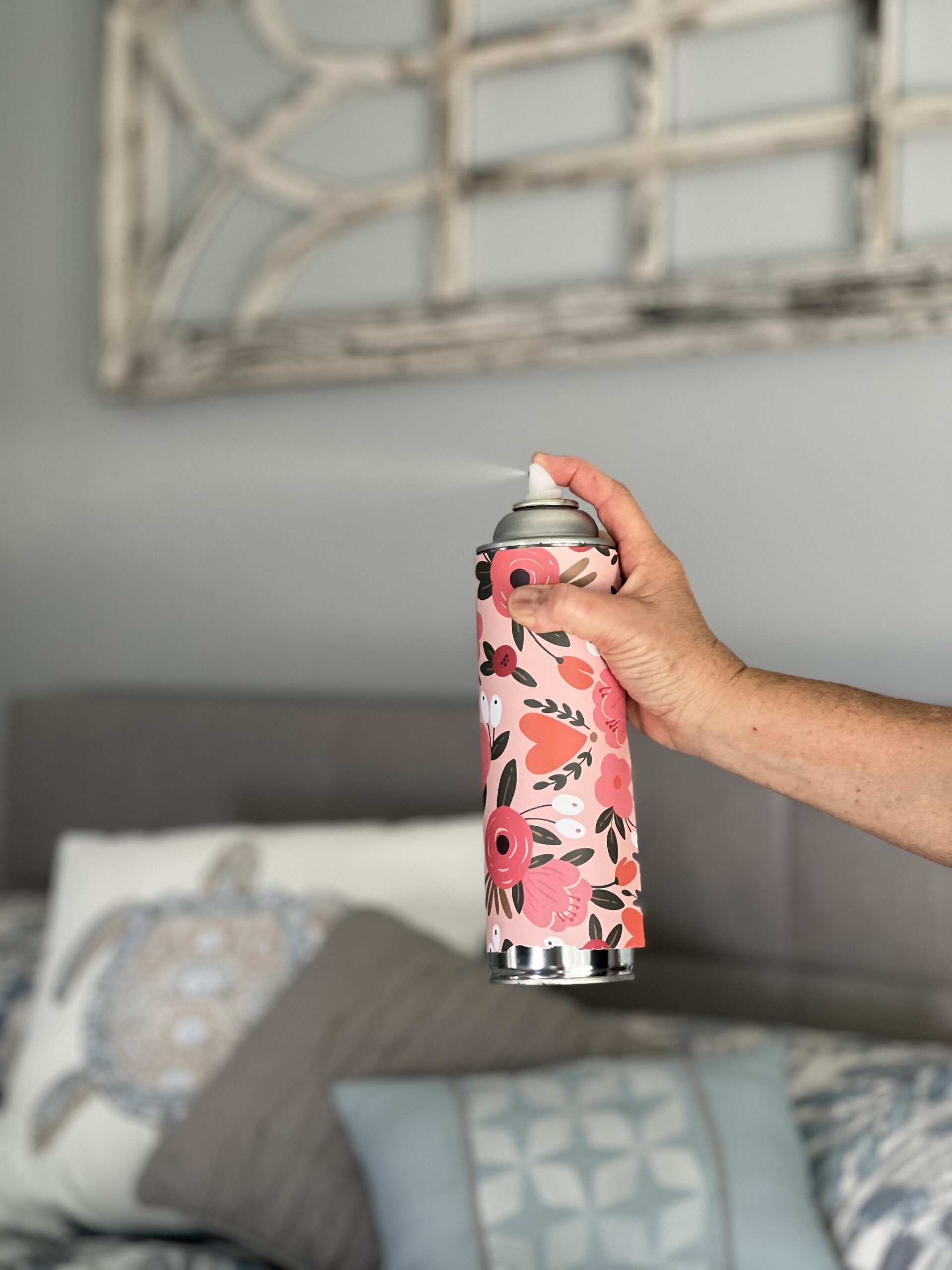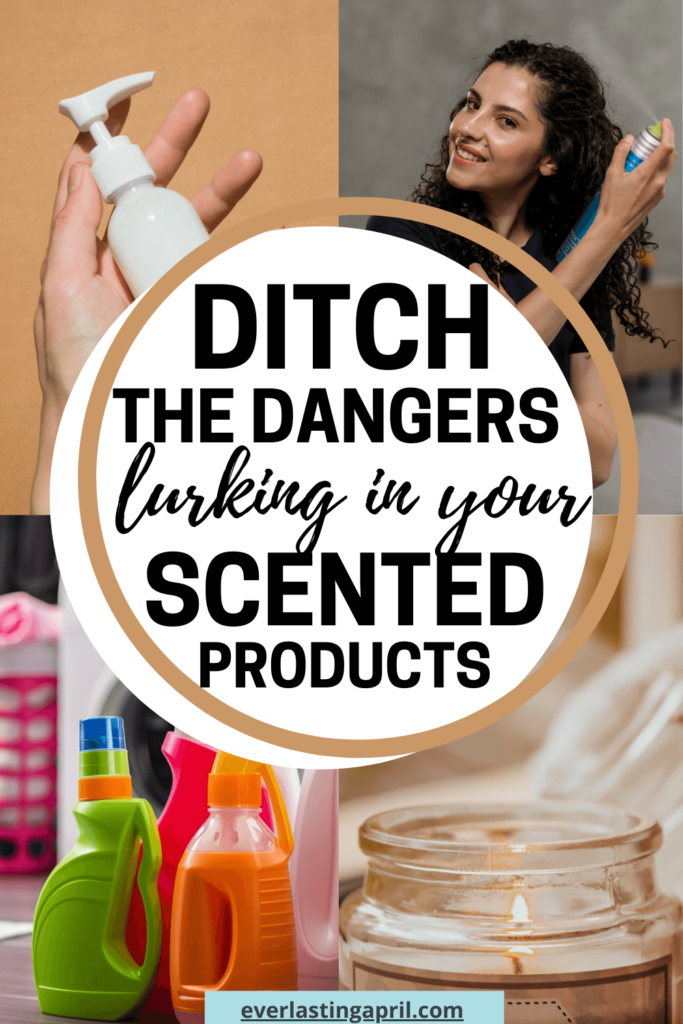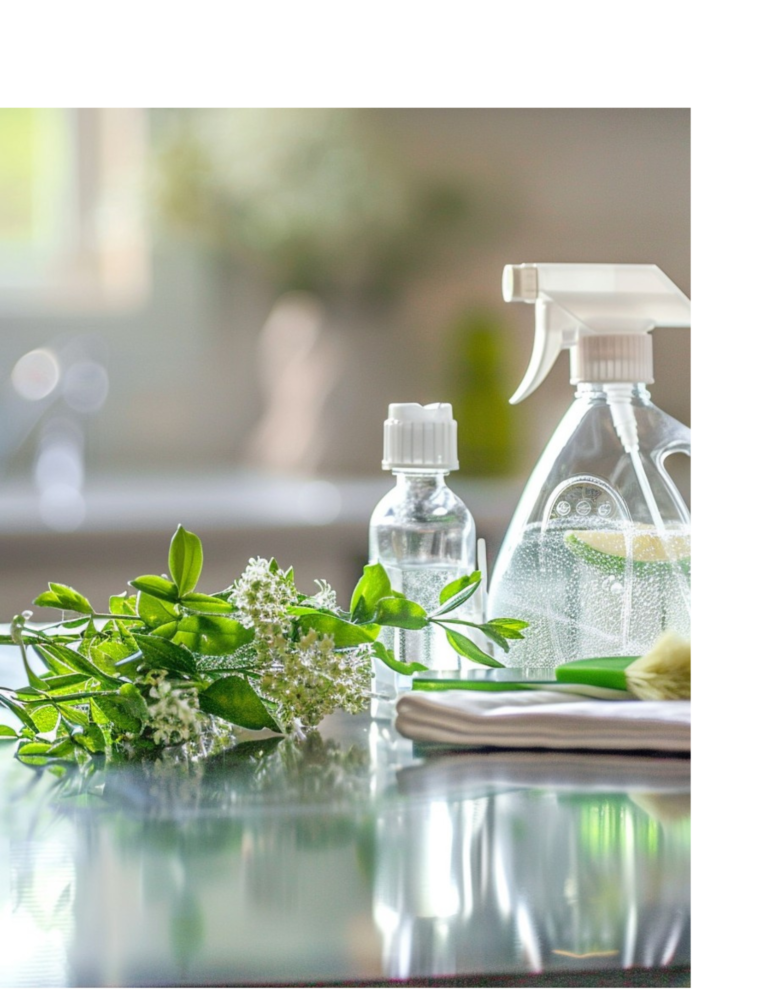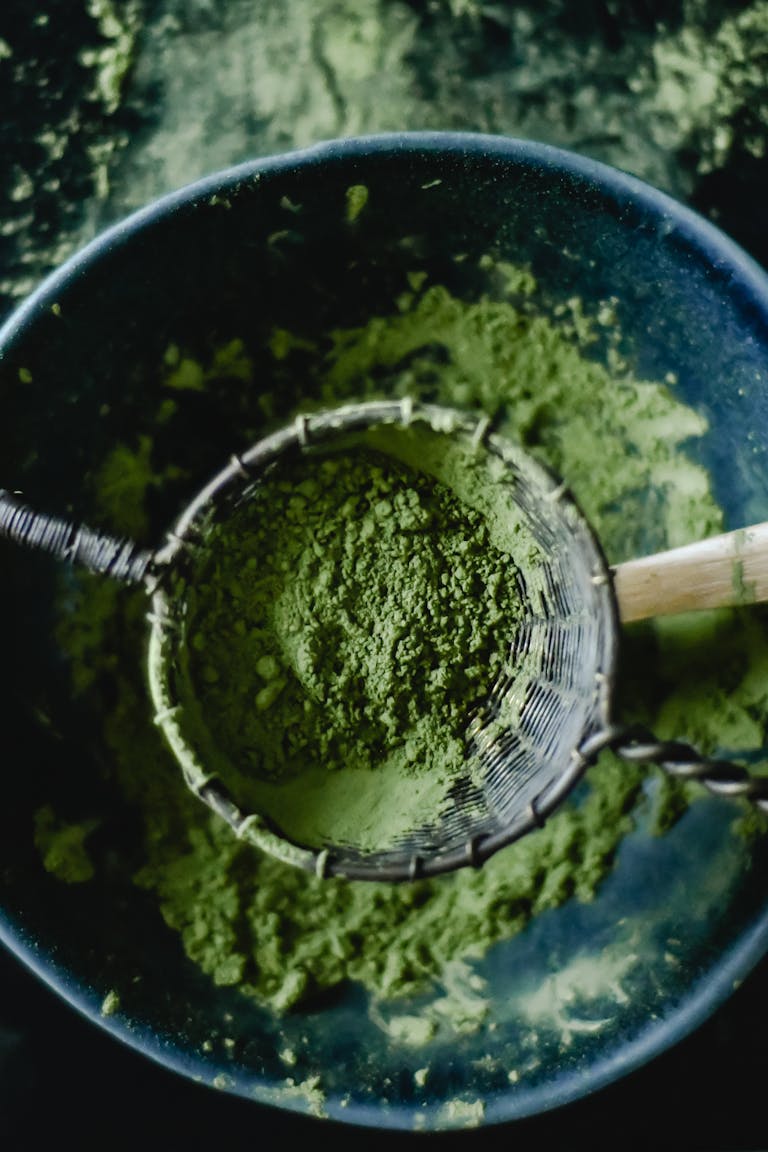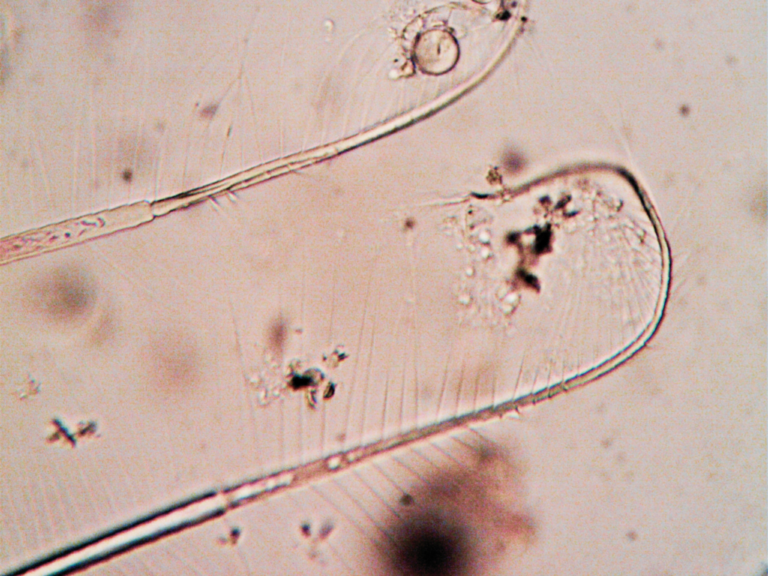Dangers in Fragrances: Toxic Secrets Lurking in Your Favorite Products
Affiliate links may be in this post.
In today’s world, we are surrounded by smells—whether it’s the wafting scent of laundry detergent, or the calming fragrance of a candle or air freshener. But, did you know there are hidden dangers in fragrances?
Just like you, I love a fresh scent. However, once I learned about the hidden dangers in fragrances, the toxic chemicals we can’t see, and how they are in practically everything we buy, I started to pay attention to what I was using. While these scents may make our spaces feel cleaner and more inviting, they could be causing serious harm to our health.
In this post, we’ll explore the dangers of fragrances, their impact on our health, and why we have become so obsessed with artificially scented products.
Most importantly, we’ll look at how to replace these synthetic toxins with natural, safe alternatives that align with holistic health practices.
Table of Contents
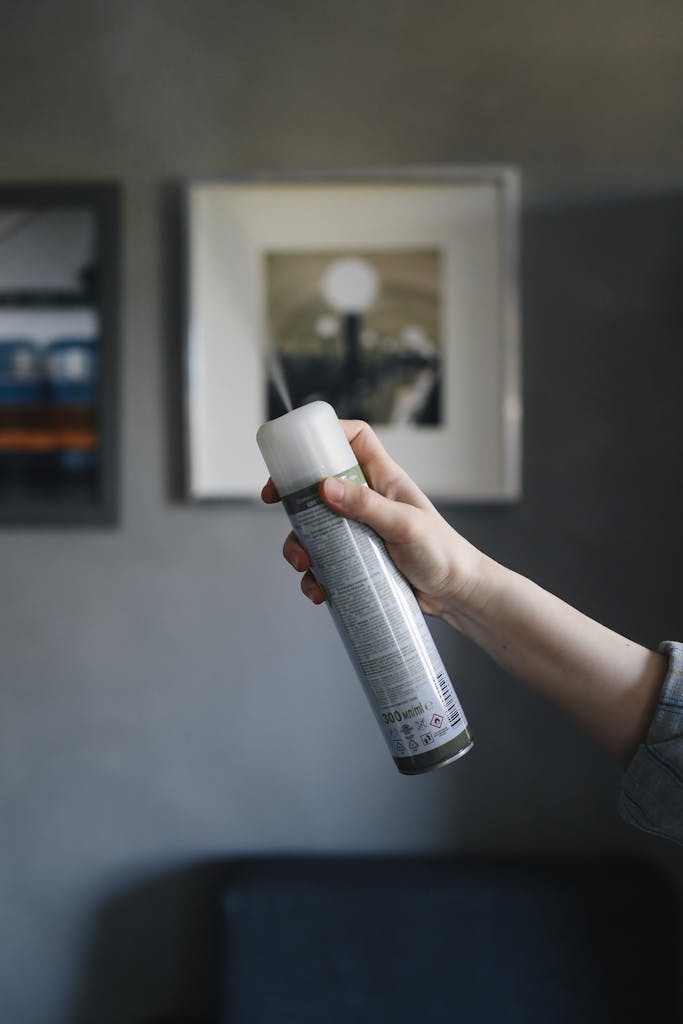
What’s The Harm?
Conventional air fresheners, room sprays, and synthetic fragrances are filled with harmful chemicals that can wreak havoc on our bodies, from hormone disruption to respiratory ailments. Worse yet, these chemicals are often hidden in places we wouldn’t expect.
Once I began to open my eyes to the potential health risks, I slowly replaced these products with ones made with natural ingredients. This article will explain what harm the hidden fragrances can cause so you know what to look for.
The Hidden Dangers in Fragrances
Fragrances are found everywhere—air fresheners, laundry detergents, personal care products, and even candles. What many people don’t realize is that the term “fragrance” on a label is often a catch-all for a mixture of potentially hundreds of chemicals. The exact formula is considered proprietary, so companies are not required to disclose the full list of ingredients, leaving consumers in the dark.

Some of the harmful chemicals recognized by the United States Environmental Protection Agency , commonly found in synthetic fragrances include:
- Phthalates: These chemicals are used to make scents last longer, but they are known endocrine disruptors. Phthalates can interfere with hormone function, potentially leading to reproductive issues, developmental problems in children, and even an increased risk of certain cancers.
- Volatile Organic Compounds (VOCs): VOCs are chemicals that evaporate into the air at room temperature, and they are commonly released by air fresheners and sprays. Breathing in VOCs over time can contribute to respiratory problems like asthma and bronchitis, as well as headaches and nausea.
- Benzene and Formaldehyde: These are carcinogenic chemicals that can be released by some air fresheners and fragrances. Prolonged exposure to benzene and formaldehyde has been linked to an increased risk of cancer, respiratory irritation, and immune system damage.
Hormone Disruption: How Dangers in Fragrances Affect Your Endocrine System
One of the most concerning health risks associated with synthetic fragrances is their ability to disrupt the endocrine system. The endocrine system is responsible for regulating hormones, which play a critical role in everything from metabolism and growth to reproduction and mood.

Chemicals like phthalates and parabens, often found in fragrances, and personal care products can mimic or block natural hormones, leading to imbalances that may cause a range of health issues, according to scientific reports.
For women, hormone disruption can contribute to problems like irregular menstrual cycles, fertility challenges, and increased risk of hormone-sensitive cancers such as breast cancer. Men are not immune, either—hormone-disrupting chemicals can lower testosterone levels, impact sperm quality, and contribute to issues like reduced libido.
Children are especially vulnerable to hormone-disrupting chemicals, as their bodies are still developing. Exposure to these toxins at a young age may lead to long-term developmental and reproductive issues.

Respiratory Health: The Impact of Dangerous Fragrances on Lungs
Chemicals are the dangers in fragrances. Breathing in the chemicals from synthetic fragrances can also have serious consequences for your respiratory health. The VOCs released by air fresheners, room sprays, and other scented products contribute to poor indoor air quality.
I know first hand how important it is to remove these chemicals from your home, especially after my father was diagnosed with COPD from years of smoking cigarettes.
-April
His doctors urged him to remove all fragrances, including room sprays, plug-ins, cleaning products, and more from his home as part of his recovery.

Over time, exposure to these chemicals can irritate the lungs, leading to coughing, wheezing, and other symptoms of respiratory distress.
People with asthma or allergies are particularly sensitive to synthetic fragrances, as they can trigger or worsen asthma attacks and allergic reactions.
In fact, one study showed that over 64% of people with asthma report experiencing adverse effects, such as headaches, breathing difficulties, or skin irritation, after being exposed to synthetic fragrances.
Removing these unseen fragrances can improve indoor air quality.
Where “Dangers in Fragrances” Are Hiding
It’s easy to think you can avoid synthetic fragrances by simply steering clear of air fresheners and room sprays, but unfortunately, fragrances are often hidden in products where you wouldn’t expect them. Here are some surprising places where synthetic fragrances are secretly lurking:
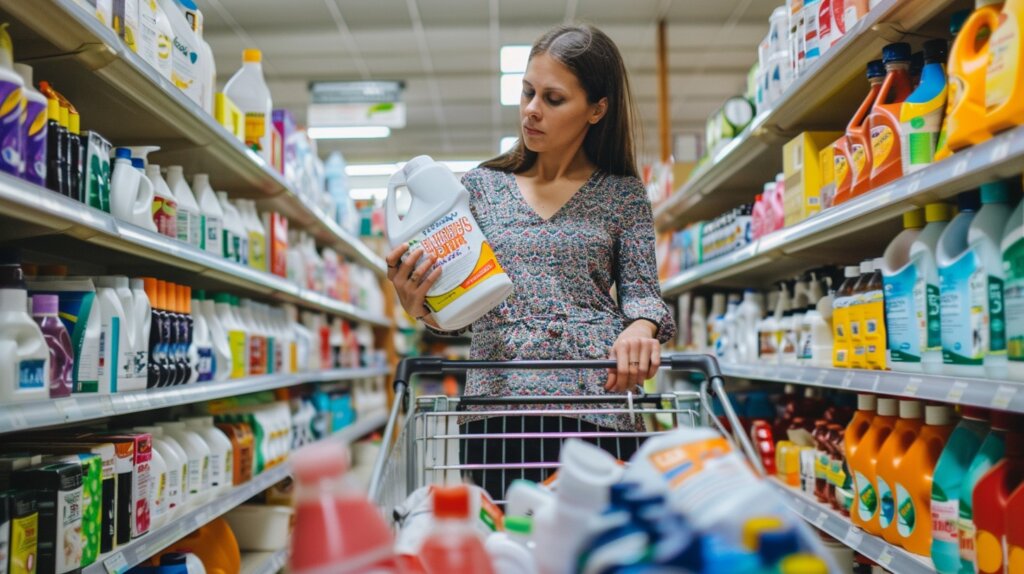
- Laundry detergents and fabric softeners: Many laundry products contain fragrances that linger on your clothes and sheets, exposing you to chemicals through skin contact and inhalation throughout the day. Check out this post on Toxin-Free Laundry Detergents.
- Personal care products: Shampoos, lotions, deodorants, skin care products and even “unscented” products may contain hidden fragrance chemicals. Unscented often means the product has been masked with additional chemicals to neutralize a scent, not that it is fragrance-free.
- Cleaning products: From hand soaps and floor cleaners to disinfectants, many household cleaning products are infused with synthetic fragrances. Even if they are marketed as “fresh-scented” or “lemony,” these products often contain hidden toxins. Check out this post for more Natural Household Cleaners.
- Candles: Even candles labeled as “natural” or “clean-burning” may contain synthetic fragrances or harmful additives. Plus, traditional candle wax and wicks contain invisible toxins. (Learn more about how to choose safe candles in this post on “Switch To Non Toxic Candles for Cleaner Living“)
Why Are We So Obsessed with Fragrances?
Humans are naturally drawn to pleasant smells because scent is closely tied to our emotional and psychological well-being. Certain scents can trigger feelings of relaxation or alertness, while other bring up memories and nostalgia.

The sense of smell is closely linked to memory. Scents have the ability to bring us back to moments in time, which is why we may feel a strong attachment to the smell of a particular perfume, the scent of a pine forest during the holidays, or the fragrance of fresh flowers in spring. This psychological connection makes us crave scented products that evoke those feelings, even when they’re full of harmful chemicals.
Marketers have long capitalized on this by creating products that evoke these emotions through synthetic fragrances.
But just because we enjoy the emotional benefits of certain scents doesn’t mean we need to sacrifice our health. There are natural, safe ways to fill your home with beautiful aromas without resorting to synthetic fragrances.
Ditch The Dangers in Fragrances!
Now is the time to remove these chemicals from your home, if you are looking to live a more non toxic life. Don’t wait another day. Make a decision to live cleaner your health and your loved ones who share your home.
It can seem unsurmountable when you learn about all the hiding places of these toxins, but you can do it one room at a time, or even one product at a time. Read on for ways to replace these toxins with natural ingredients.
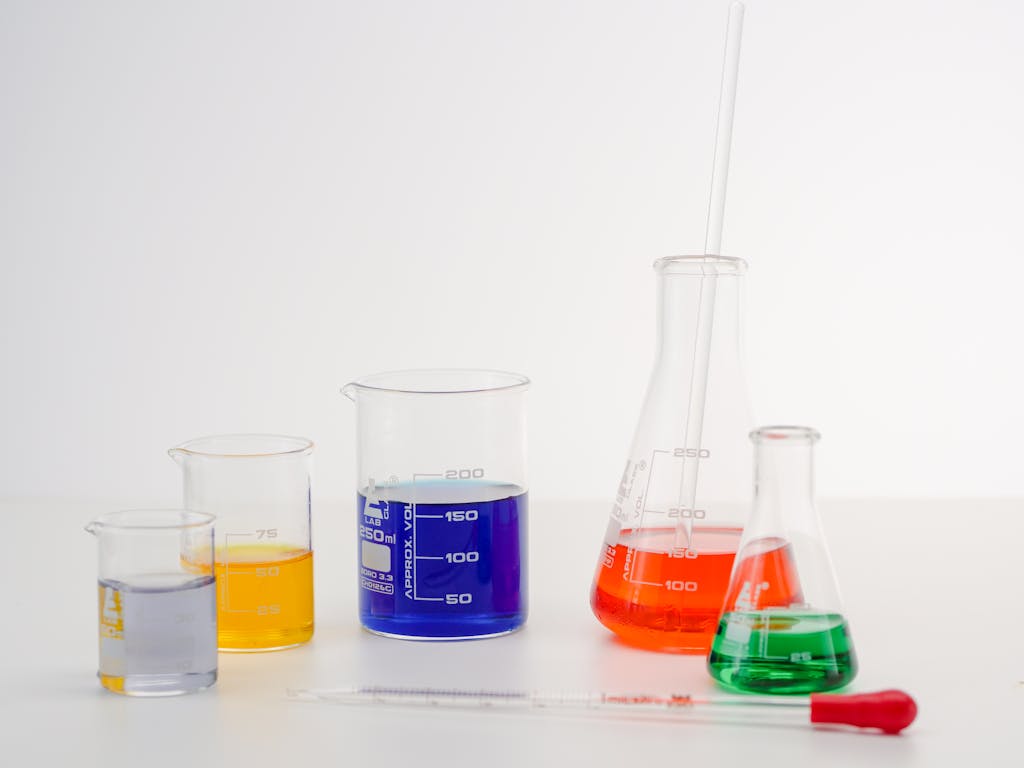
Safer Alternatives: How to Scent Your Home Naturally
The good news is that you don’t have to give up pleasant smells to protect your health. There are many natural alternatives to dangerous synthetic fragrances that are just as effective, without the harmful side effects.
Here are some ways to scent your home naturally:

- Simmer Pots: One of the easiest ways to create a natural scent in your home is to make a simmer pot. Simply fill a Glass Simmer Pot for Stovetop with water and add ingredients like cinnamon sticks, cloves, citrus peels, and herbs. Simmer it on the stove, and your home will be filled with a warm, inviting aroma.
- You can try different combinations of spices during different seasons.
- Check out this blog post on “5 Fall Spices for a DIY Natural Home Fragrance“ to learn more about the history and health benefits of these 5 Fall Spices.
 Buy Now →
Buy Now → - Beeswax or Coconut Wax Candles: As discussed in another one of my blog posts, “Switch to Non Toxic Candles for Cleaner Living“, natural candles made from beeswax or coconut wax; with cotton wicks are a great alternative to synthetic candles.
- Look for Handmade Pure Beeswax Rolled Candles unscented, or scented with essential oils instead of synthetic fragrances.

Handmade Pure Beeswax Rolled Candles
Buy Now →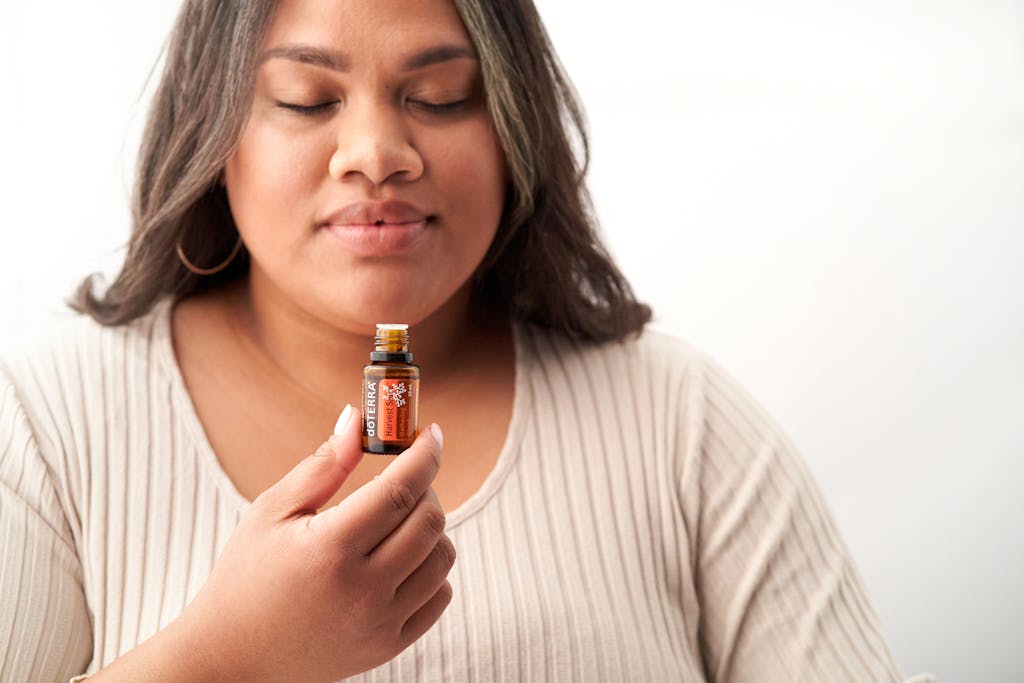
- Natural Air Fresheners: You can make your own room sprays by mixing essential oils with water in a spray bottle. Not only will this freshen the air, but it’s also a completely customizable way to create the exact scent you want without harmful chemicals. These essential oils can be dripped onto a cotton ball and placed around your home. Sometimes, I even put drops of my favorite oils in my vacuum cleaner for a fresh, natural scent.
- Essential Oils: Essential oils are derived from plants and can be used in diffusers or homemade sprays to fill your home with natural fragrance. Try these 100% pure essential oils for a safe, natural option. I prefer Young Living Brand oils because they are organic and are PURE, without additives. Diffuse them in a Ceramic Essential Oil Diffuser instead of plastic.

Ceramic Essential Oil Diffuser
Buy Now →Conclusion:
Choose Natural Fragrances for Health and Well-Being
While synthetic fragrances may smell nice, their hidden dangers pose serious risks to your health. From hormone disruption to respiratory problems, the chemicals in air fresheners, room sprays, and other fragranced products can negatively impact your well-being.
However, by choosing natural alternatives like essential oils, beeswax candles, and simmer pots, you can enjoy a fragrant, inviting home without the dangers.

